#ursula k. le guin
Text
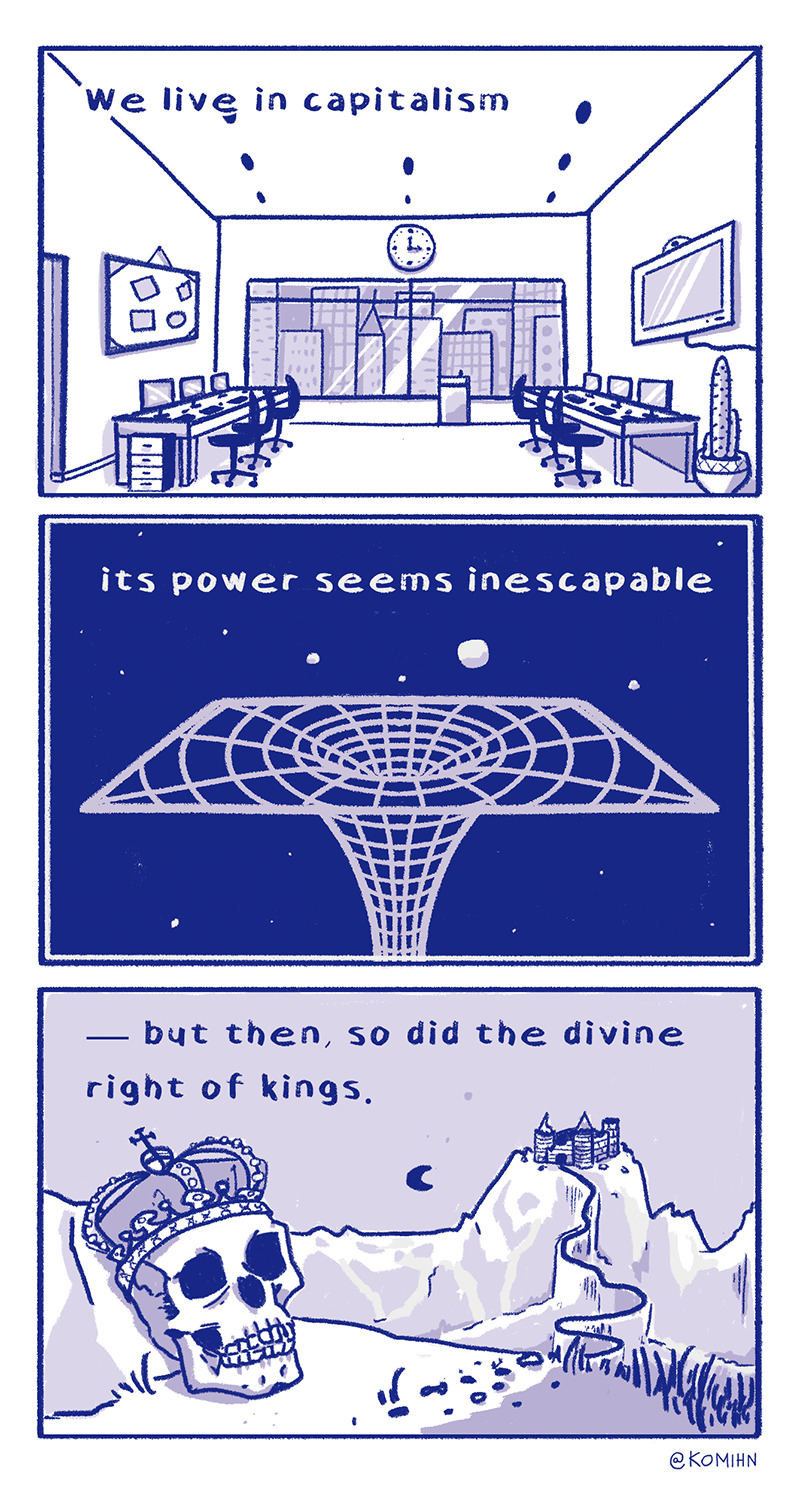
Launching my first art blogs with a small comic based on the amazing words of Ursula K. Le Guin!
71K notes
·
View notes
Text

— Ursula K. Le Guin, from “A Rant About ‘Technology’”
45K notes
·
View notes
Text
I think about this every hour of every day of every month by the way

#lgbt#queer#queerness#gay#lesbian#bisexual#transgender#transsexual#transvestism#lgbtq#ursula k. le guin
45K notes
·
View notes
Text
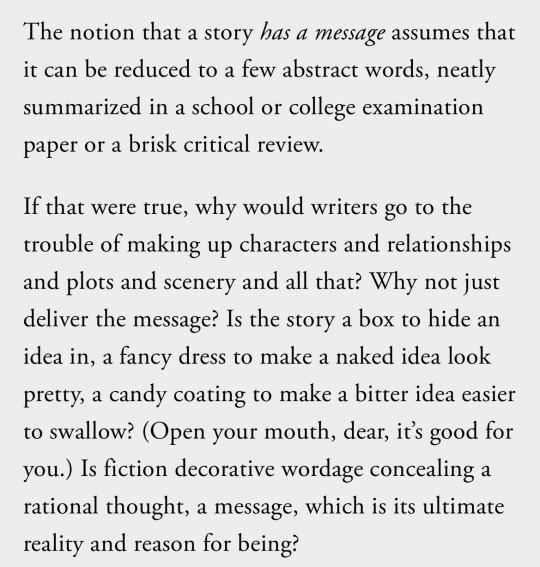
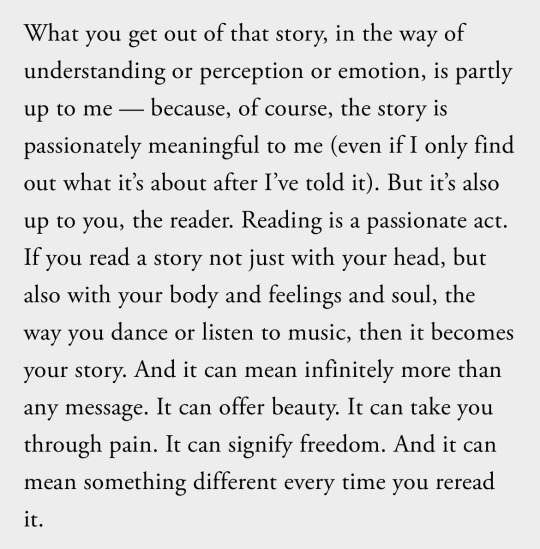
Ursula K. Le Guin
21K notes
·
View notes
Text
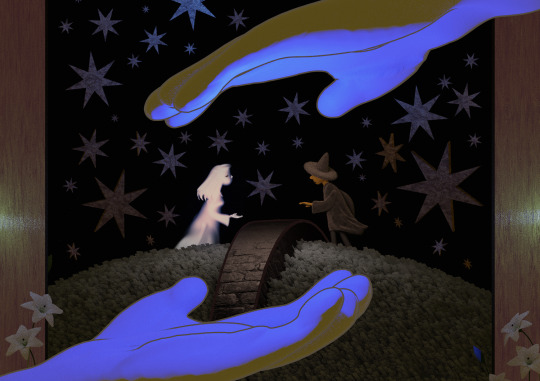
the other wind
7K notes
·
View notes
Text
A good writer, like a good reader, has a mind’s ear. We mostly read prose in silence, but many readers have a keen inner ear that hears it. Dull, choppy, droning, jerky, feeble: these common criticisms of narrative are all faults in the sound of it. Lively, well-paced, flowing, strong, beautiful: these are all qualities of the sound of prose, and we rejoice in them as we read. Narrative writers need to train their mind’s ear to listen to their own prose, to hear as they write.
- Ursula K. Le Guin, Steering the Craft: A 21st Century Guide to Sailing the Sea of Story
#quote#ursula k. le guin#steering the craft#writeblr#writing#writing advice#writing tips#writing resources#writing quotes#dexterreads
9K notes
·
View notes
Text
"The idea of reforming Omelas is a pleasant idea, to be sure, but it is one that Le Guin herself specifically tells us is not an option. No reform of Omelas is possible — at least, not without destroying Omelas itself:
If the child were brought up into the sunlight out of that vile place, if it were cleaned and fed and comforted, that would be a good thing, indeed; but if it were done, in that day and hour all the prosperity and beauty and delight of Omelas would wither and be destroyed. Those are the terms.
'Those are the terms', indeed. Le Guin’s original story is careful to cast the underlying evil of Omelas as un-addressable — not, as some have suggested, to 'cheat' or create a false dilemma, but as an intentionally insurmountable challenge to the reader. The premise of Omelas feels unfair because it is meant to be unfair. Instead of racing to find a clever solution ('Free the child! Replace it with a robot! Have everyone suffer a little bit instead of one person all at once!'), the reader is forced to consider how they might cope with moral injustice that is so foundational to their very way of life that it cannot be undone. Confronted with the choice to give up your entire way of life or allow someone else to suffer, what do you do? Do you stay and enjoy the fruits of their pain? Or do you reject this devil’s compromise at your own expense, even knowing that it may not even help? And through implication, we are then forced to consider whether we are — at this very moment! — already in exactly this situation. At what cost does our happiness come? And, even more significantly, at whose expense? And what, in fact, can be done? Can anything?
This is the essential and agonizing question that Le Guin poses, and we avoid it at our peril. It’s easy, but thoroughly besides the point, to say — as the narrator of 'The Ones Who Don’t Walk Away' does — that you would simply keep the nice things about Omelas, and work to address the bad. You might as well say that you would solve the trolley problem by putting rockets on the trolley and having it jump over the people tied to the tracks. Le Guin’s challenge is one that can only be resolved by introspection, because the challenge is one levied against the discomforting awareness of our own complicity; to 'reject the premise' is to reject this (all too real) discomfort in favor of empty wish fulfillment. A happy fairytale about the nobility of our imagined efforts against a hypothetical evil profits no one but ourselves (and I would argue that in the long run it robs us as well).
But in addition to being morally evasive, treating Omelas as a puzzle to be solved (or as a piece of straightforward didactic moralism) also flattens the depth of the original story. We are not really meant to understand Le Guin’s 'walking away' as a literal abandonment of a problem, nor as a self-satisfied 'Sounds bad, but I’m outta here', the way Vivier’s response piece or others of its ilk do; rather, it is framed as a rejection of complacency. This is why those who leave are shown not as triumphant heroes, but as harried and desperate fools; hopeless, troubled souls setting forth on a journey that may well be doomed from the start — because isn’t that the fate of most people who set out to fight the injustices they see, and that they cannot help but see once they have been made aware of it? The story is a metaphor, not a math problem, and 'walking away' might just as easily encompass any form of sincere and fully committed struggle against injustice: a lonely, often thankless journey, yet one which is no less essential for its difficulty."
- Kurt Schiller, from "Omelas, Je T'aime." Blood Knife, 8 July 2022.
#kurt schiller#ursula k. le guin#quote#quotations#the ones who walk away from omelas#trolley problem#activism#introspection#discomfort#reform#revolution#suffering#ethics#morality
10K notes
·
View notes
Text
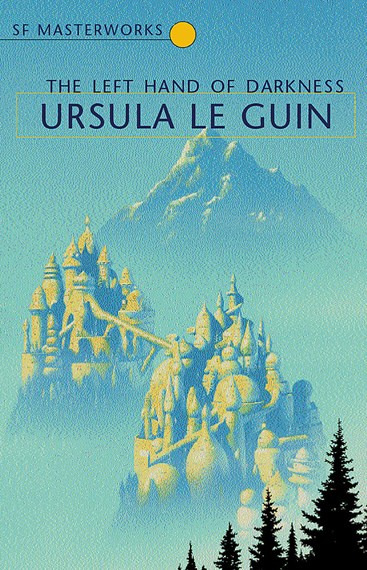


Ursula K. Le Guin would do numbers on tumblr
12K notes
·
View notes
Text
I grew up as the weird (autistic) goth kid who spent a lot of time in graveyards. I didn’t have friends. So I invented them. That’s why I’m an author, I think. I crafted worlds full of wondrous diversity, quirky characters, peculiar souls. I knitted them into families. I often felt at home when I read; the work of Neil Gaiman, of Terry Pratchett, of Ursula Le Guin, of Terry Brooks… My fiction is meant to be participatory too. When you read it, you should feel like you came home and friends were waiting to greet you.
Maybe in a really cool graveyard—like this one at Scone Castle.

#small town gothic#graveyard#graveyard book#weird#autistic#peculiar#childhood#gothstyle#lgbtq community#lgbtqia#community#writer#author#books#neil gaiman#ursula k. le guin#terry pratchett
2K notes
·
View notes
Text
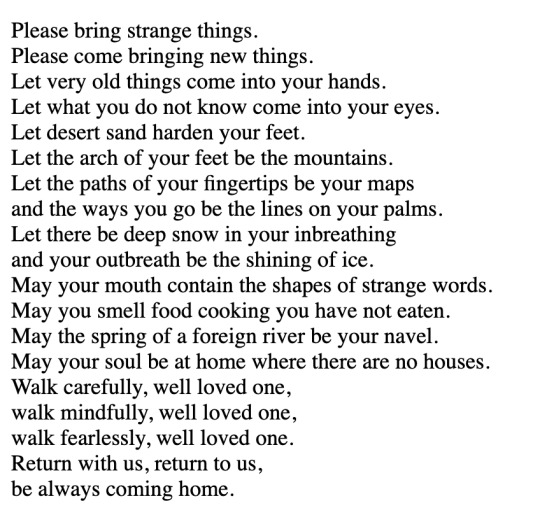
initiation song from the finders lodge by Ursula K. Le Guin
3K notes
·
View notes
Text

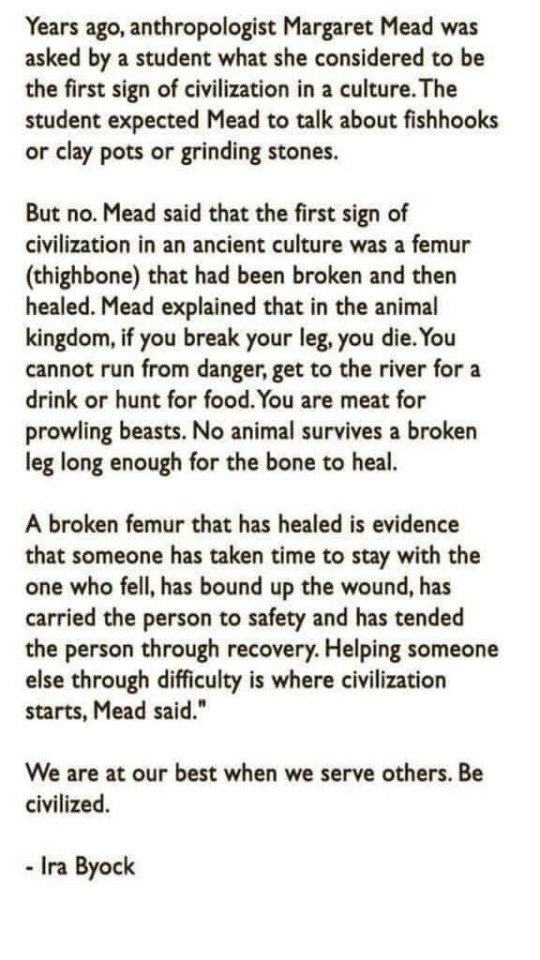
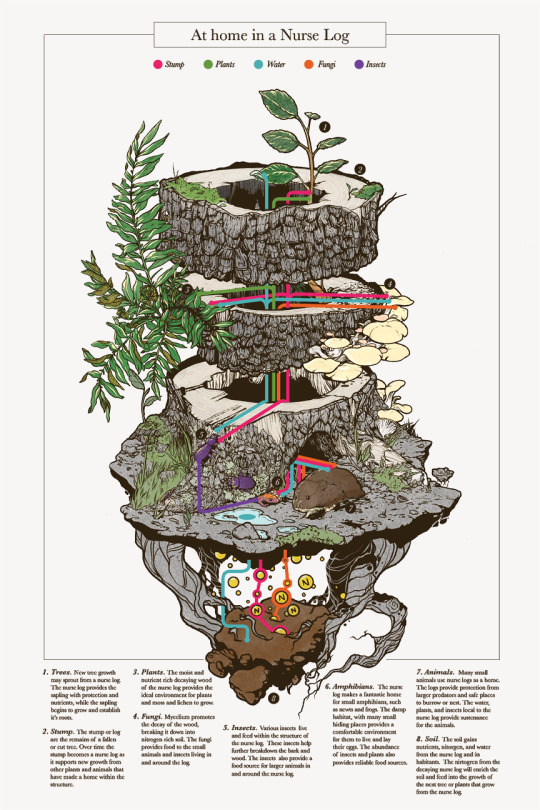
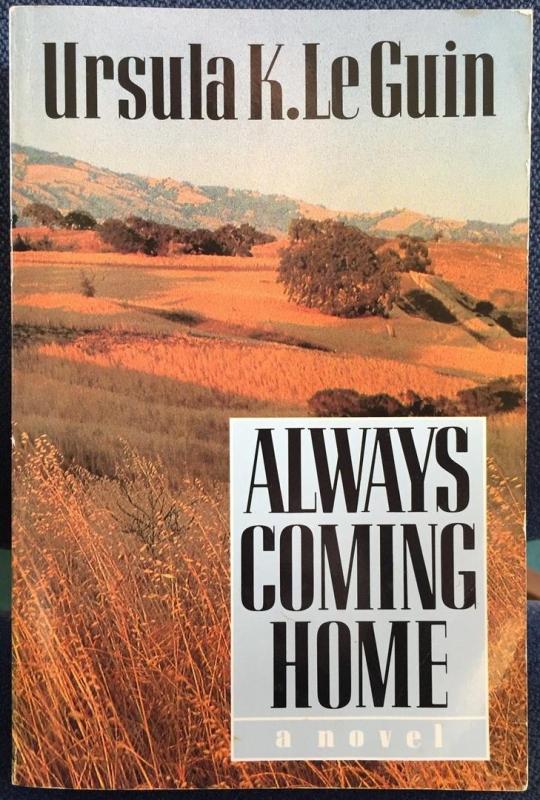
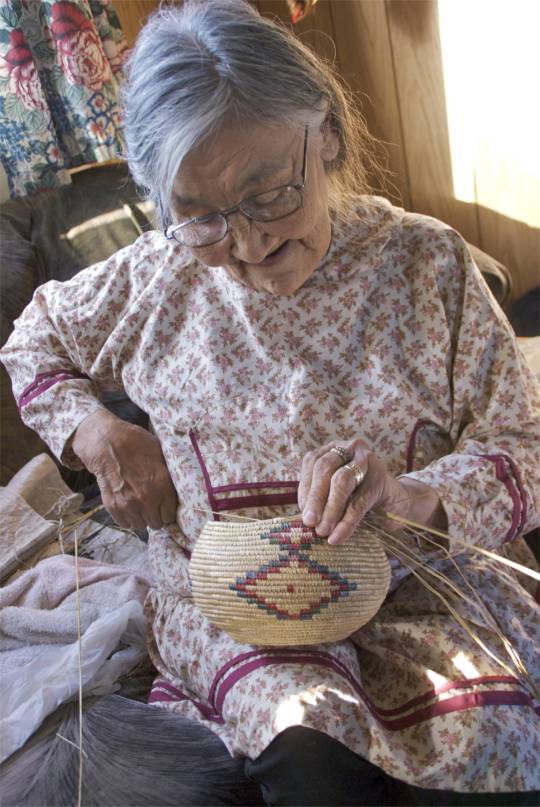


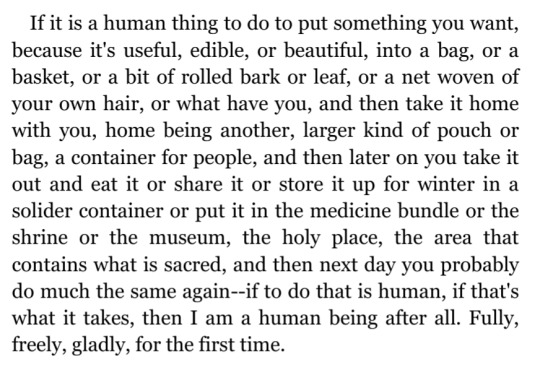


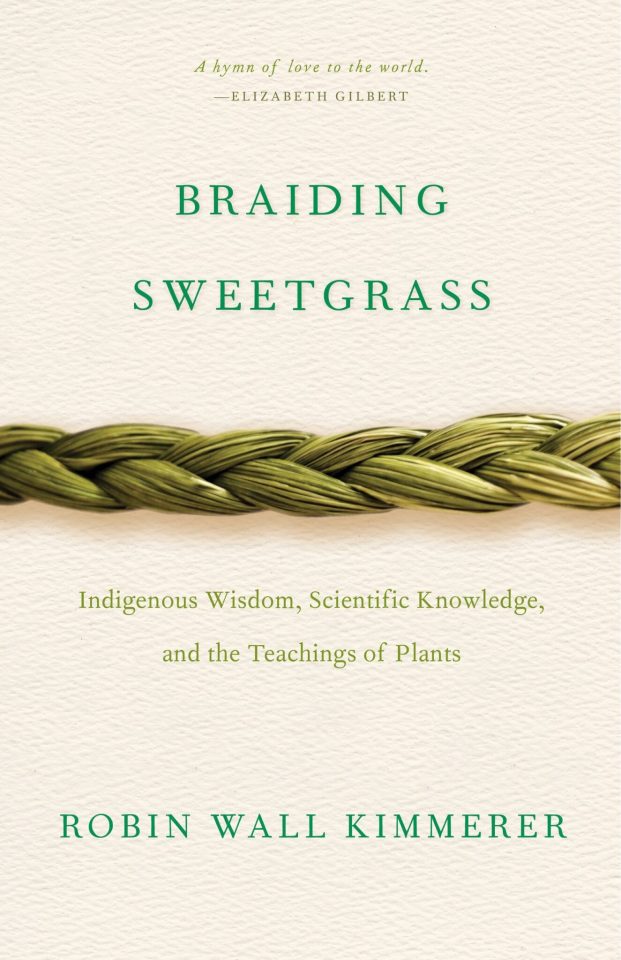
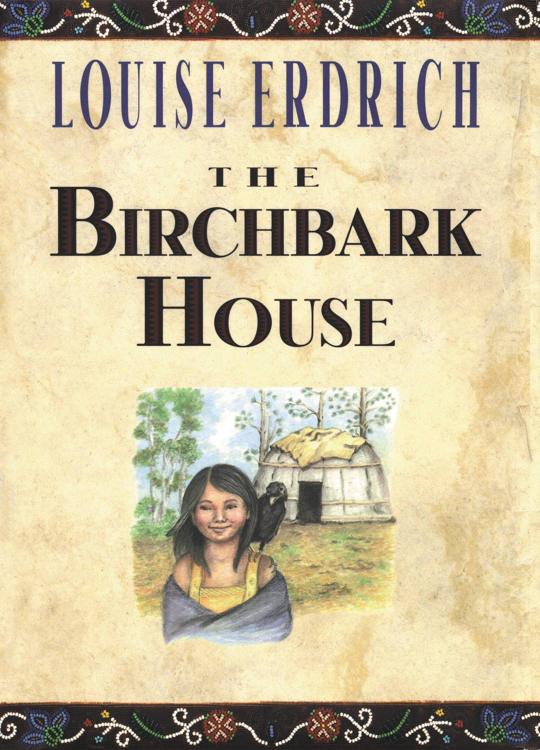

times, places, and practices that I want to learn from to imagine a hopeful future for humanity 🍃
the three sisters (squash, beans, maize) stock photo - alamy // anecdote by Ira Byock about Margaret Mead // art by Amanda Key // always coming home by Ursula K. Le Guin // Yup'ik basket weaver Lucille Westlock photographed by John Rowley // the left hand of darkness by Ursula K. Le Guin // photo by Jacob Klassen // the carrier bag theory of fiction by Ursula K. Le Guin // article in national geographic // the dawn of everything by David Graeber and David Wengrow // braiding sweetgrass by Robin Wall Kimmerer // the birchbark house by Louise Erdrich // photo by John Noltner
I'm looking for more content and book recs in this vein, so please send them my way!
#solarpunk#hopepunk#braiding sweetgrass#just a collection of books and pictures that make me hopeful for the future#margaret mead#robin wall kimmerer#nature#ursula k le guin#ursula k. le guin#the left hand of darkness#the carrier bag theory of fiction#the dawn of everything#anthropology#future#hopecore#native plants#biodiversity#sustainability#eco#eco friendly#louise erdrich#civilization
2K notes
·
View notes
Text
“We all have forests on our minds. Forests unexplored, unending. Each one of us gets lost in the forest, every night, alone.”
Ursula K. Le Guin
9K notes
·
View notes
Quote
The daily routine of most adults is so heavy and artificial that we are closed off to much of the world. We have to do this in order to get our work done. I think one purpose of art is to get us out of those routines. When we hear music or poetry or stories, the world opens up again. We’re drawn in — or out — and the windows of our perception are cleansed.
Ursula K. Le Guin, Talking on the Water: Conversations about Nature and Creativity (Trinity University Press, October 11, 2016) (via Alive on All Channels)
22K notes
·
View notes
Text
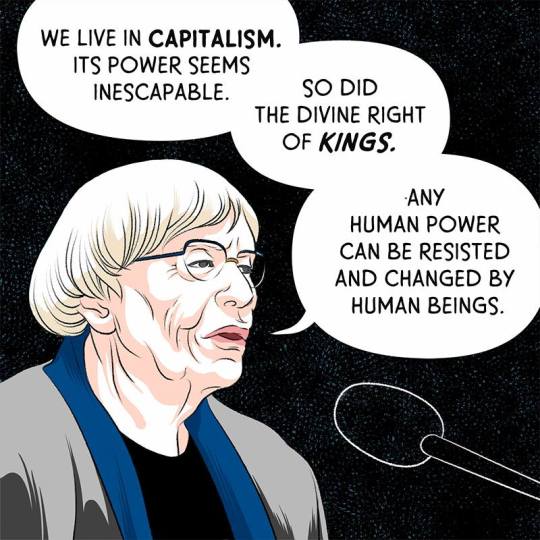
877 notes
·
View notes
Text
It might seem that the writer needs a gift of mimicry, like an impersonator, to achieve this variety of voices. But it isn’t like that. It’s more like what a serious actor does, sinking self in character-self. It’s a willingness to be the characters, letting what they think and say rise from inside them. It’s a willingness to share control with one’s creation.
- Ursula K. Le Guin, Steering the Craft: A 21st Century Guide to Sailing the Sea of Story
#quote#ursula k. le guin#steering the craft#writing#writeblr#writing advice#writing tips#writing quotes#writing resources#dexterreads
2K notes
·
View notes
